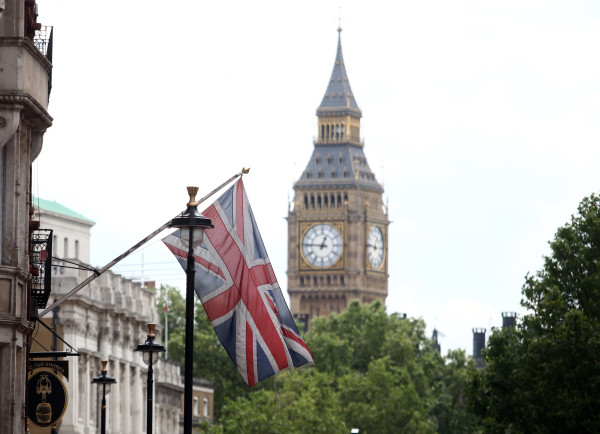

The government is changing the process of creating a lasting power of attorney to a predominantly digital service as a way of improving it and making it simpler to use.
In an announcement today (July 20), the government said the number of registered LPAs had increased drastically in recent years to more than 5m, but the process was outdated.
It has launched a 12-week consultation which will examine the entire process of creating and registering an LPA, with a view to boosting the Office of the Public Guardian’s (OPG) powers to prevent fraud and abuse while introducing a mainly digital service.
It will examine how technology can be used to reform the process of witnessing, improving access and speeding up the service.
It will also propose widening the OPG’s legal powers to check identities and stop or delay any registrations that raise concern and look at making the process for objecting to the registration of an LPA simpler to help stop potentially abusive LPAs.
The government said the proposed changes would fundamentally alter and update a process that has been in place for decades.
Nick Goodwin, public guardian for England and Wales, said: “More people are taking the vital step to plan for the future by applying for lasting powers of attorney, and we want to make sure that it is as safe and simple as possible to do so.
“This consultation puts forward proposals which will allow us to make the service fit for the modern world – one that can be accessed online, and which grants OPG the power to conduct thorough checks to protect against fraud while making it easier for people to raise concerns.”
While the service will become predominantly digital, alternatives such as paper will remain for those unable to use the internet.
Rachael Griffin, tax and financial planning expert at Quilter, said LPAs were “vitally important” in the management of personal finances and provided protection in the fight against the vulnerable being defrauded.
“As such, it is pleasing to see the government put the wheels in motion to upgrade the system for people to register an LPA and to help combat the scourge of scams that we are unfortunately becoming all too familiar with,” she said.
“It is hoped the Office of the Public Guardian has used the pandemic to look at where the process can be streamlined and made easier so people can get an LPA in place with minimal fuss as having one can make a huge difference to someone’s finances.
"These changes must also include raising awareness with the public at large. Far too few people are aware of LPAs and their benefits, so any overhaul must seek to improve knowledge of them and how to go about attaining one.”
The consultation will look at:
- How witnessing works, and whether remote witnessing or other safeguards are desirable;
- How to reduce the chance of an LPA being rejected due to avoidable errors;
- Whether the OPG’s remit should be expanded to have the legal authority to carry out further checks such as identification verification;
- How people can object to an LPA and the process itself, as well as when is the right time for an objection to be made;
- Whether a new urgent service is needed to ensure those who need an LPA granted quickly can get one;
- How solicitors access the service and the best way to facilitate this.
Kim Jarvis, technical manager at Canada Life, labelled it as “a real step in the right direction” and said the current system was an “unsustainable process” in today’s society and would become increasingly outdated in years to come.
“Currently there is a delay of about 12 weeks for people to get LPAs registered and this consultation will assess the possibility of creating a digital fast track service for families who need to quickly set up an LPA for a relative who has suffered a sudden change in their health.
“Lasting powers of attorney create a peace of mind around the safety and security of family finances. Just like creating a will or nominating a next of kin, LPA’s should be viewed as an integral part of long-term planning.”
In parallel with the formal consultation, the OPG will continue to carry out engagement through workshops and user research - gathering evidence from, and hearing the experiences of, a diverse range of people and organisations.
It comes just over a year after the OPG launched a digital service called ‘Use a lasting power of attorney’.
This service allows attorneys to securely share details of their LPA with organisations online, meaning they can quickly take action on their loved one’s behalf.
LPAs were introduced in 2007 as part of the Mental Capacity Act 2005 and replaced the previous system of Enduring Power of Attorney that had been in place since 1986.
The government said any substantial changes would require amendments to the Mental Capacity Act 2005 which brought in the current system.
The consultation launched today will run for the next 12 weeks until 13 October.
sonia.rach@ft.com
What do you think about the issues raised by this story? Email us on FTAletters@ft.com to let us know



